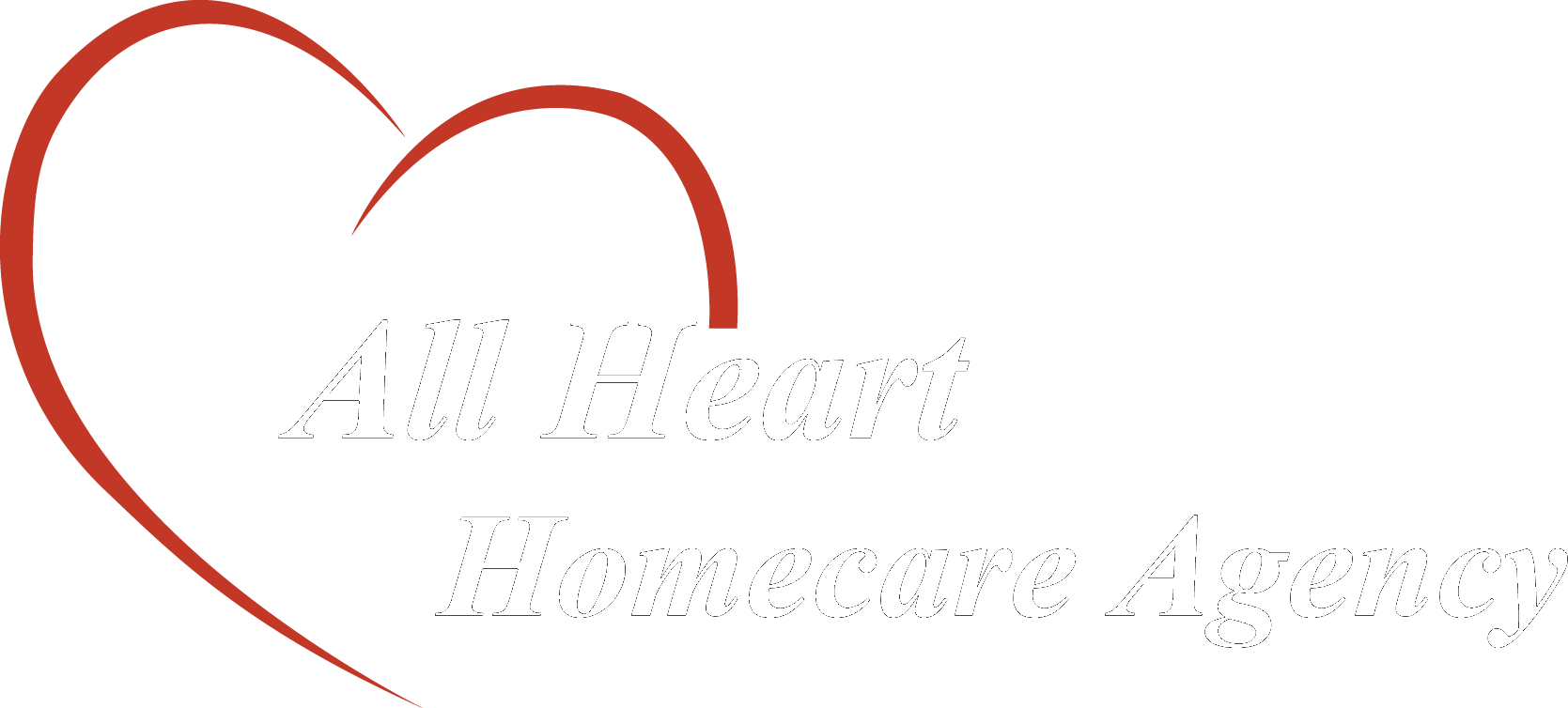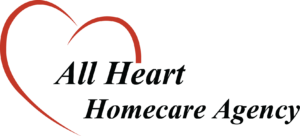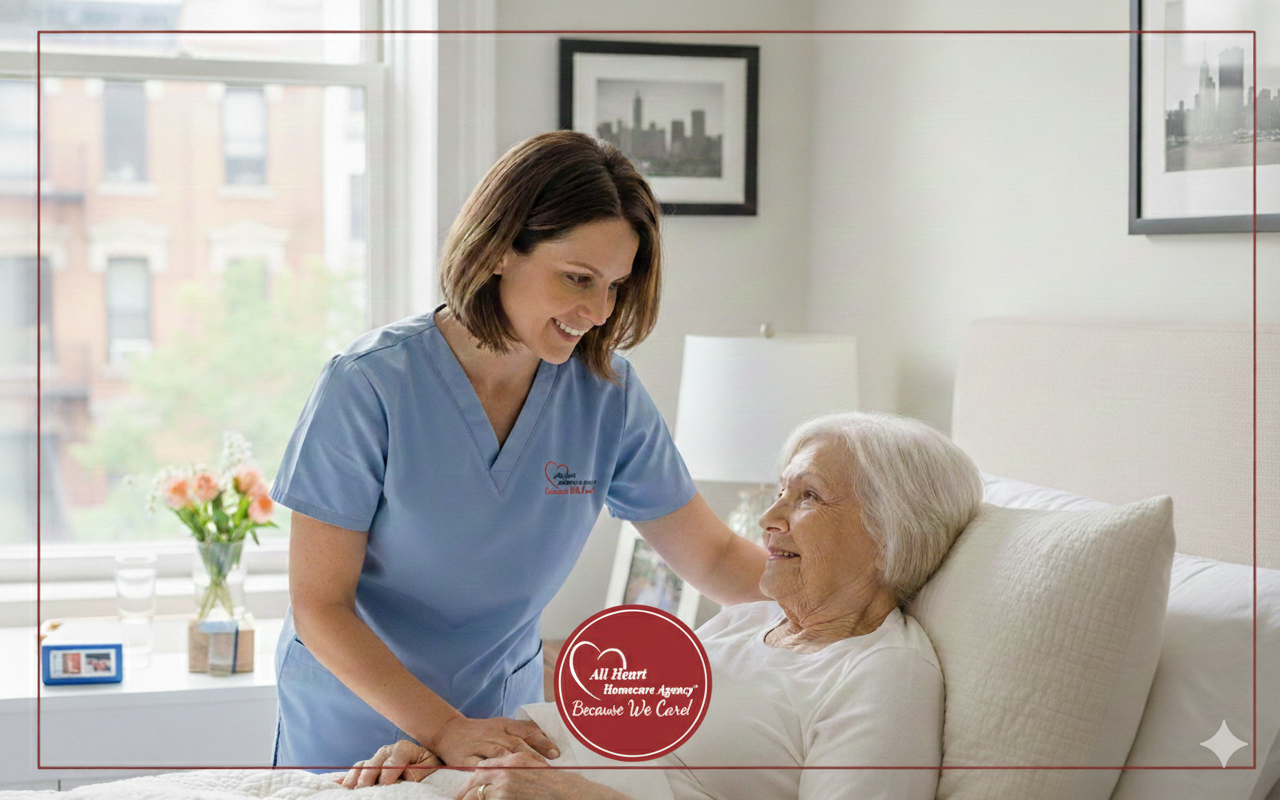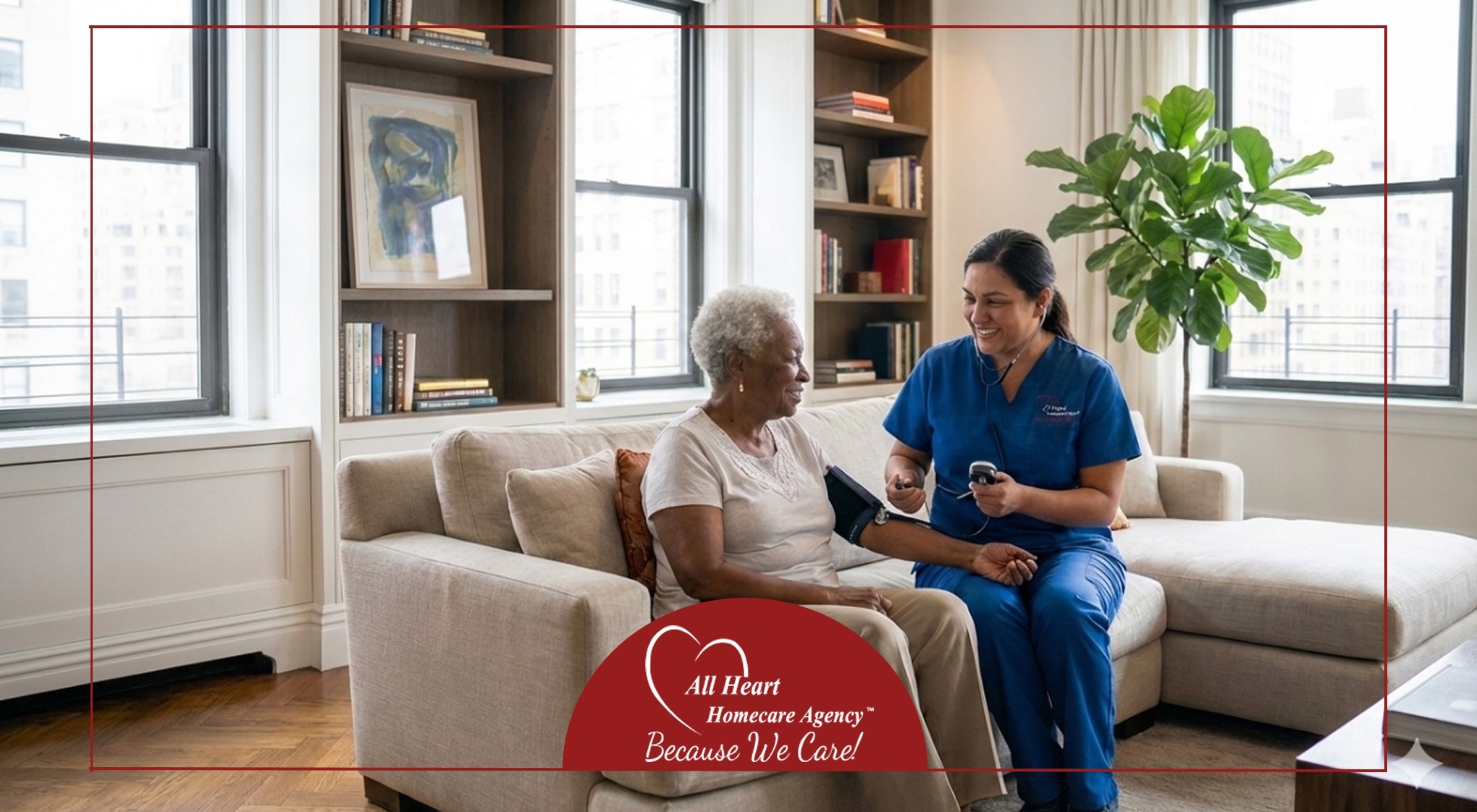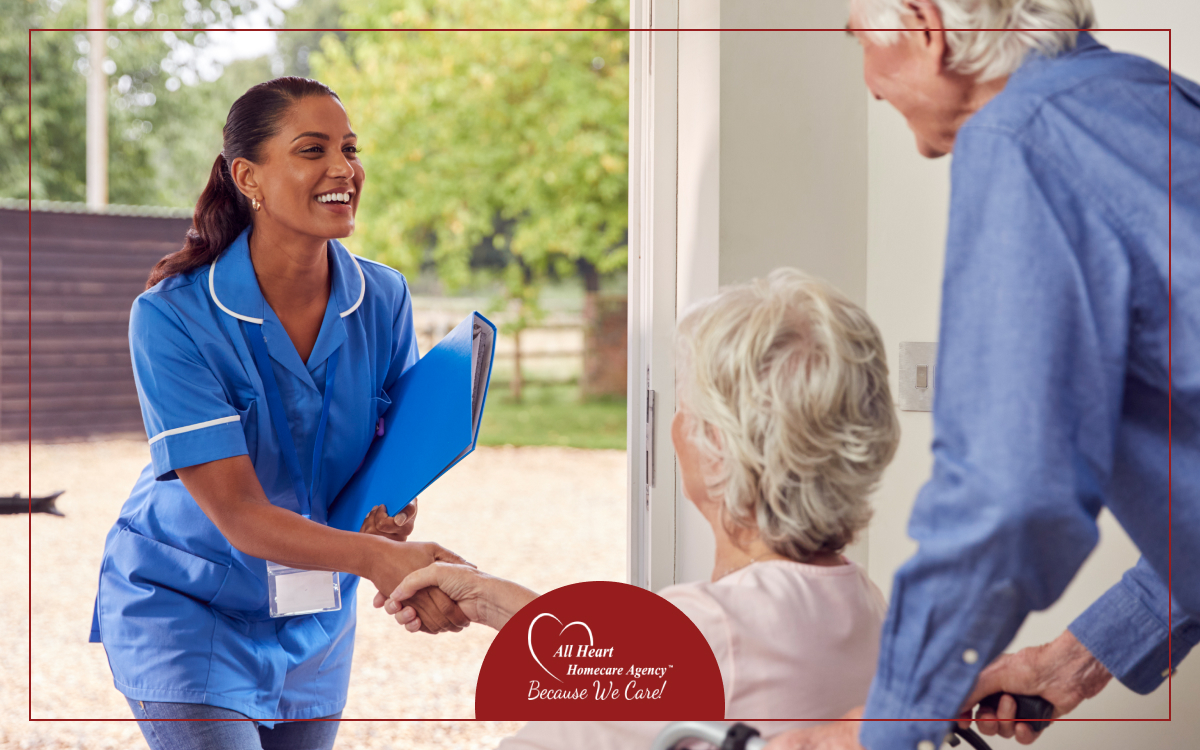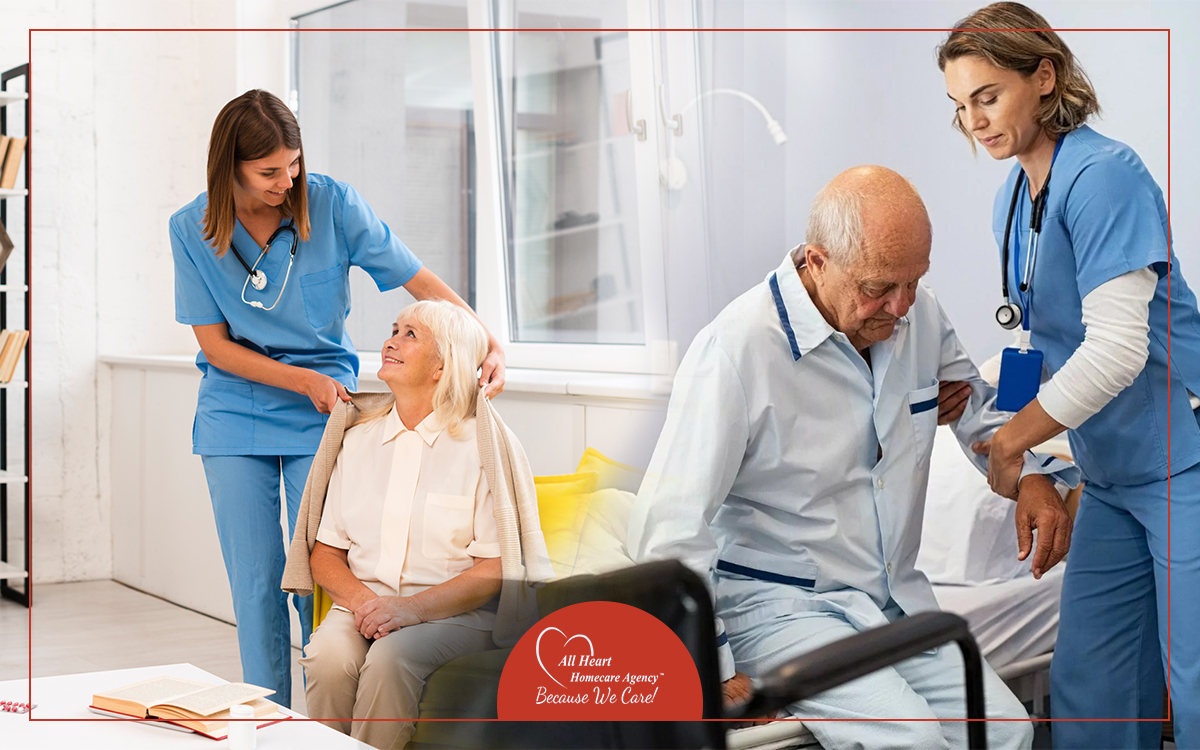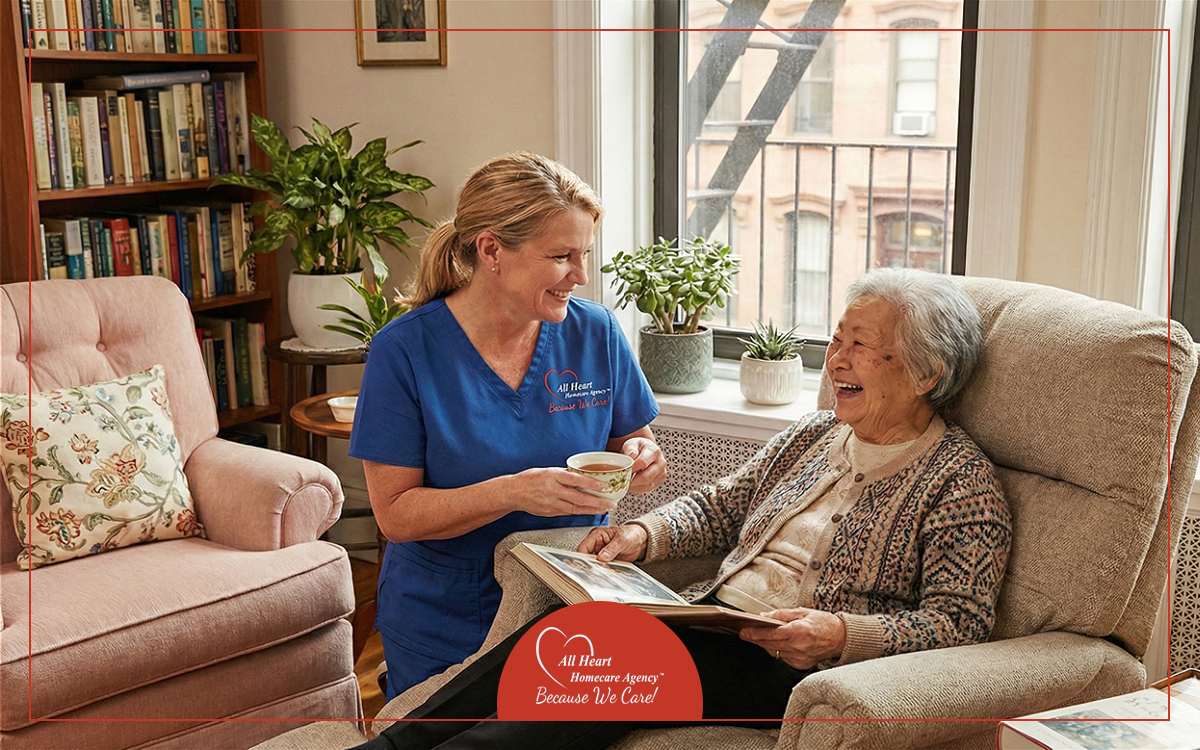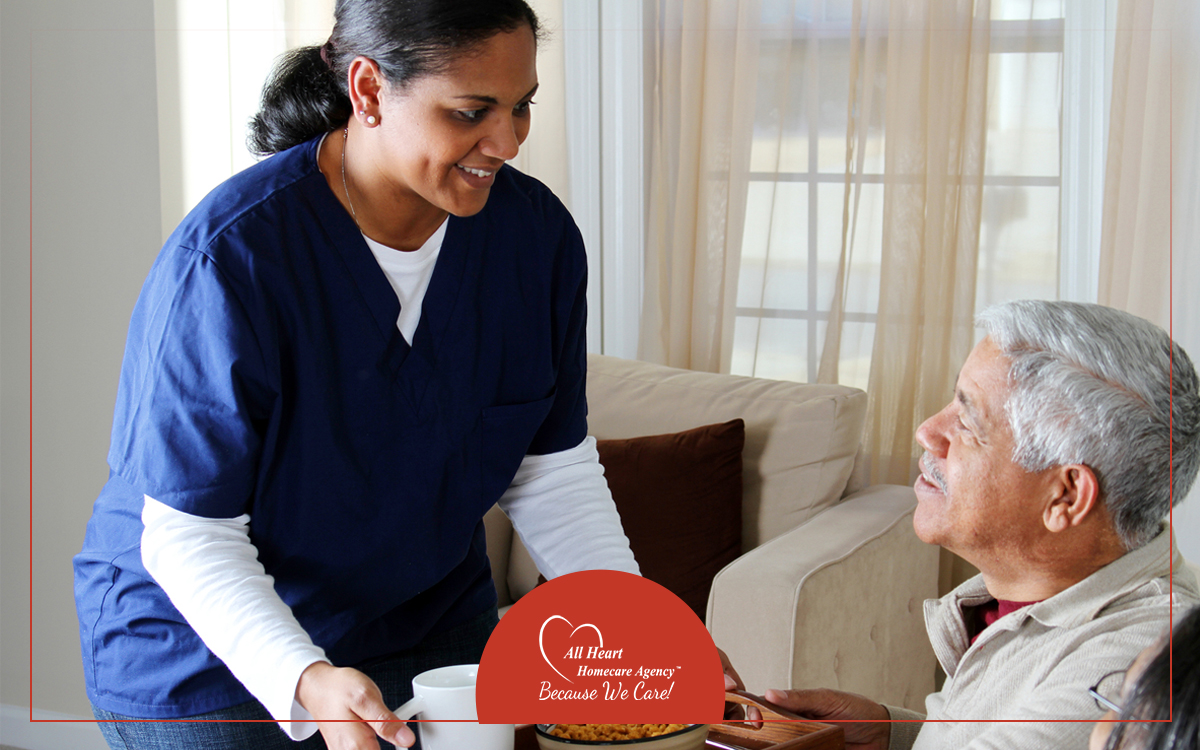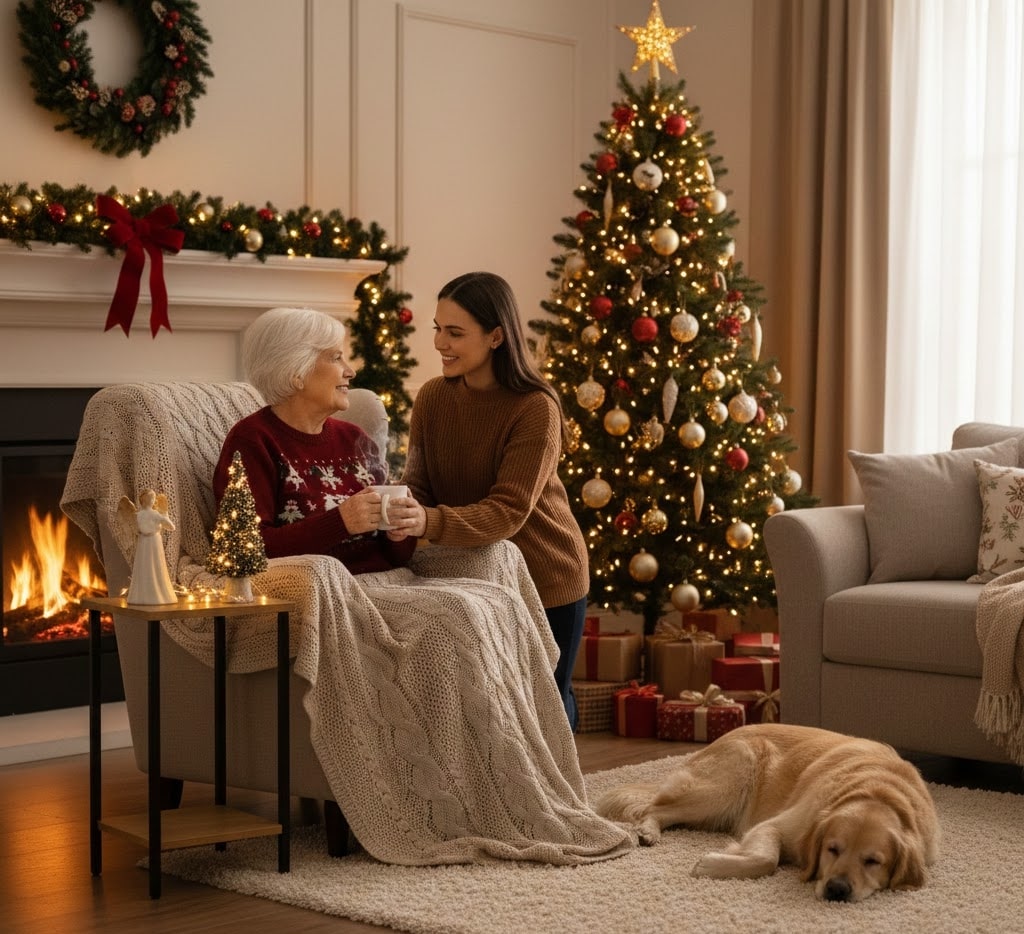
Working in the healthcare industry is an important, rewarding career. If you want to break into healthcare but aren’t sure which direction to take, consider becoming a certified home health aide. In-home caregivers can work in a variety of situations and have a wide range of clients to choose from. All home health aides make a difference in their clients’ lives and for many, it’s the reason they do what they do!
Who Are Home Health Aides?
Home health aides care for a wide range of people. These people may have mental conditions, may be physically or emotionally unwell, are aging, have limited mobility, etc. Some patients will only need short-term care, while others need daily long-term services. A home health aide offers in-home medical care by taking vitals such as blood pressure, assisting patients around their homes, or providing basic wound care. The tasks of the job are as varied as the patients that a caregiver works with.
The Difference Between a HHA and PCA
Home health aides (HHA) and personal care aides (PCA) are two different positions. Both home health aides and personal care aides are required to complete a training program and pass a certification exam to earn a certificate. PCAs help their clients with homemaking, running errands, and tasks around the house while home health aides can perform these same duties but also additional ones such as medically based tasks. An HHA can accept any job a PCA can but PCAs cannot take the positions that specifically require HHA certification.
To start a career as a home health aide, federal requirements must be met. A minimum of 75 hours of training is needed and HHAs must pass the certification exam. Once certified, 12 hours of continuing education need to be completed every 12 months.
PAs for CDPAP
For the Consumer Directed Personal Assistance Program (CDPAP), personal assistants (PA) serve a different function and are primarily in charge of providing assistance with activities of daily living. Activities of daily living include personal hygiene tasks, dressing, movement, and the ability of a person to use the restroom or feed themselves to name a few. Funded by Medicaid, CDPAP is a program designed to help those who qualify receive the support of a PA.
PAs differ from HHAs or PCAs not only in their duties but also in the requirements to join the profession. Where HHAs and PCAs are required to have a certificate, PAs are not. Under the supervision or direction of the client or the client’s representative, PAs may provide the same services as HHAs. Of course, every patient’s needs are different and every case is individualized, so there is no definitive rule for services that are provided.
A Career Worth Considering
If you have ever wanted to work with and help people, or have an interest in healthcare, becoming a home health aide or a personal assistant may be the perfect career for you. There are no lengthy education requirements and training programs are available through many community colleges and vocational schools. While many professions are facing cuts, the need for HHAs and PAs is expected to increase as much as 50% over the next decade, creating plenty of opportunities to those in the field. The need for quality HHAs and PAs is high, as is the personal satisfaction of performing this rewarding work for those who need it.
